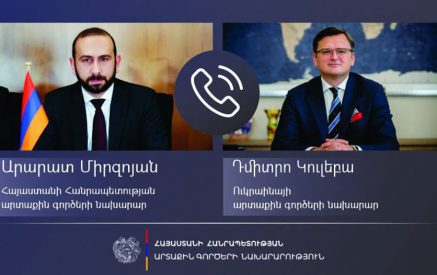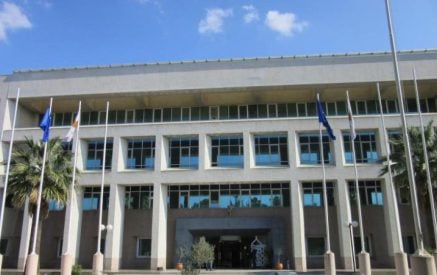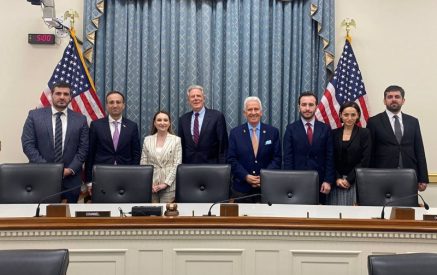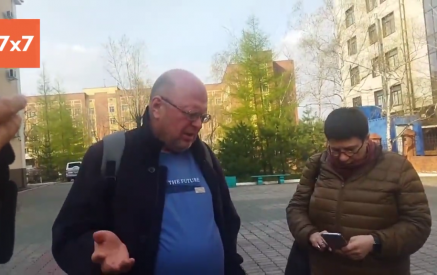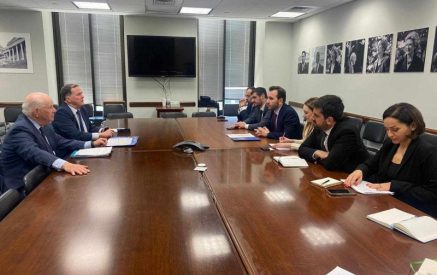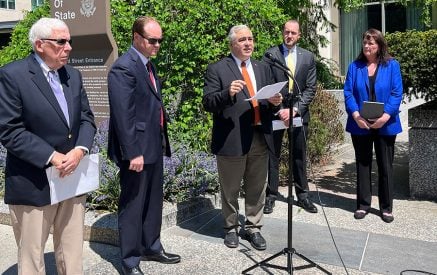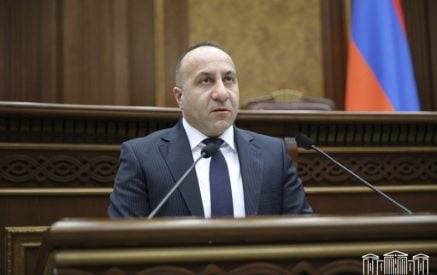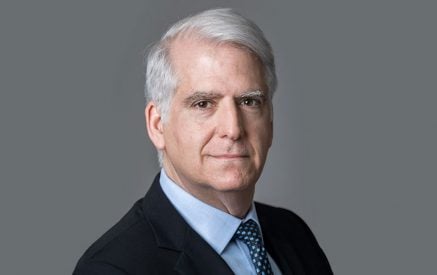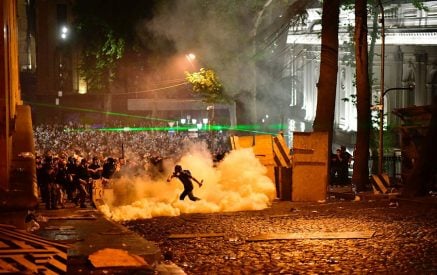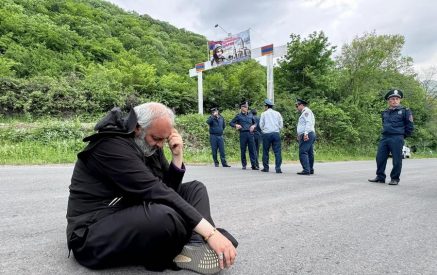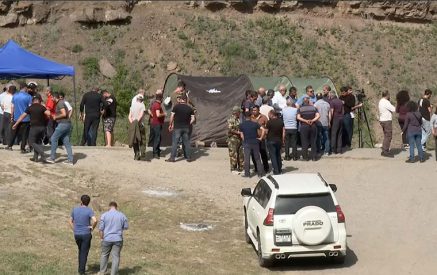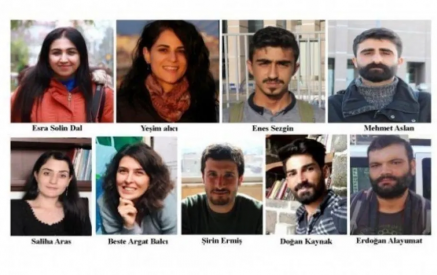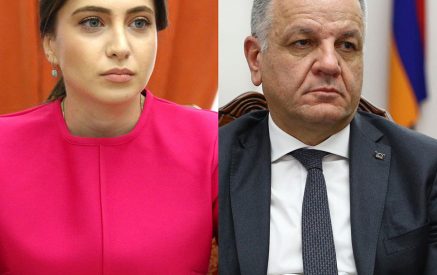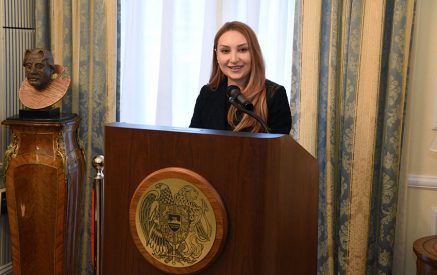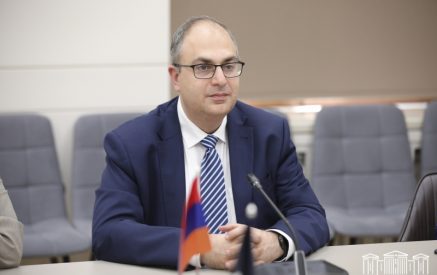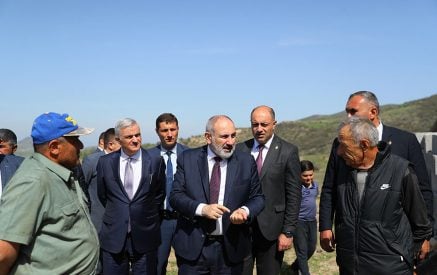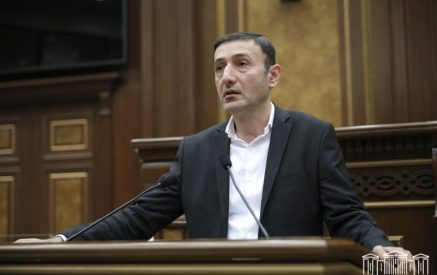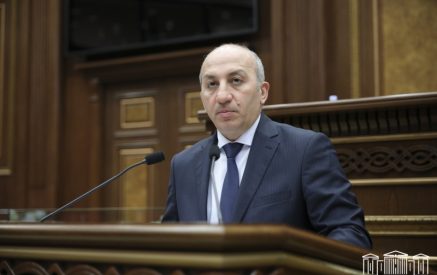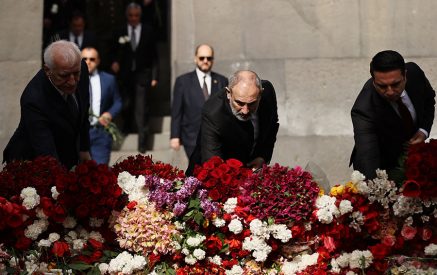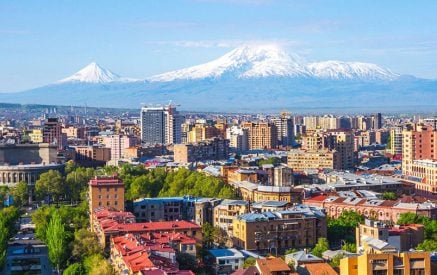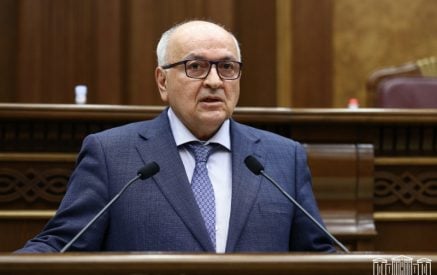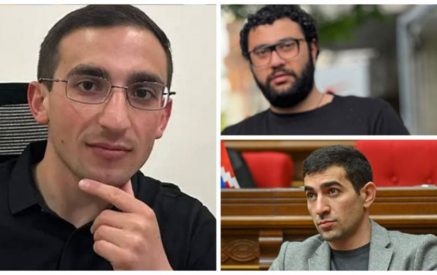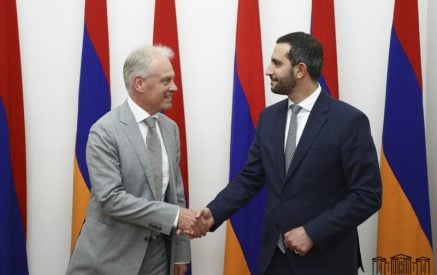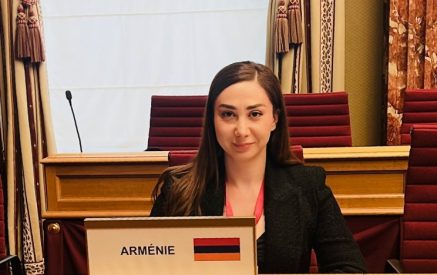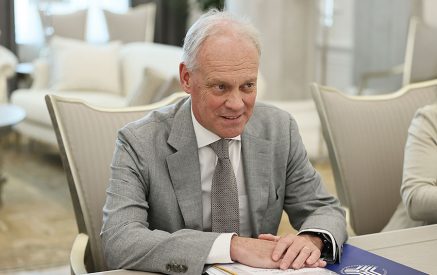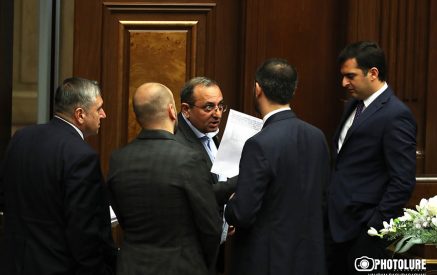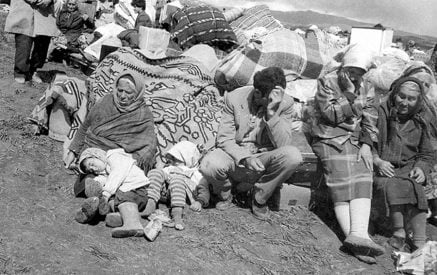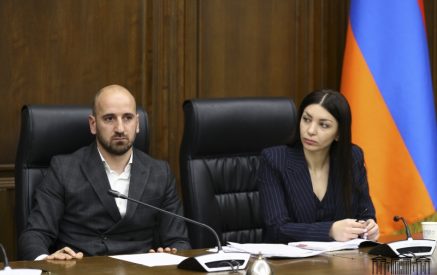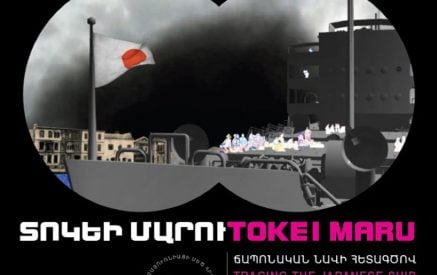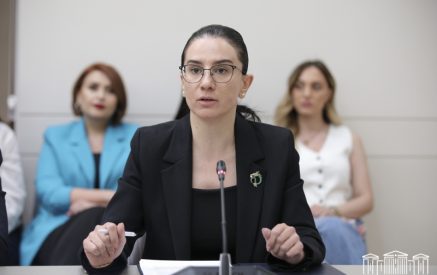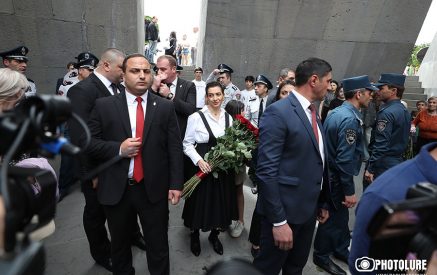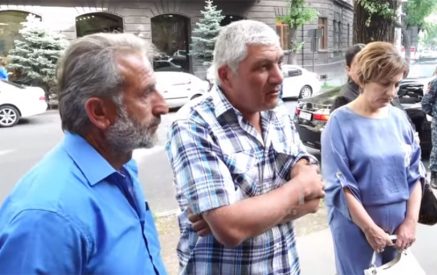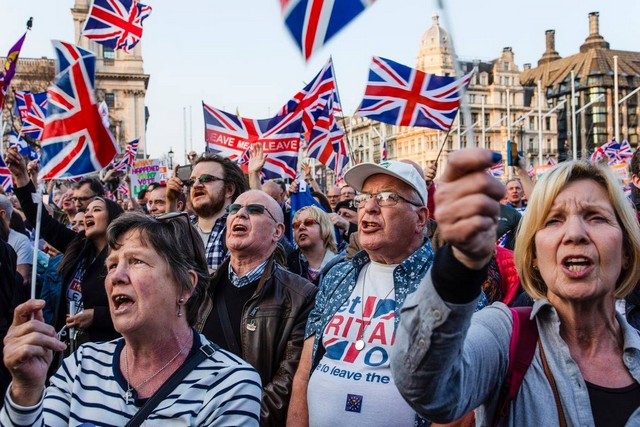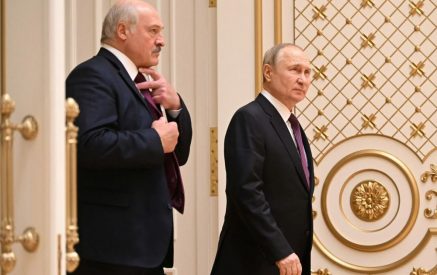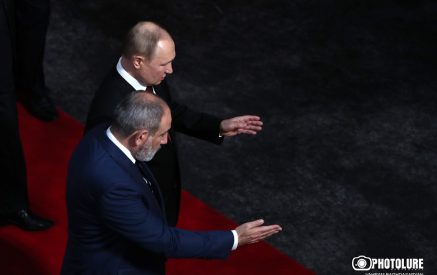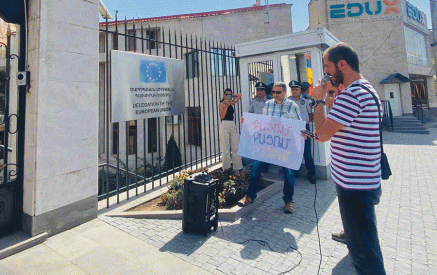Stories, myths, legends are long-term and short-term
During referendums and elections, people are not asked, “What do you think about this issue or a political force?” Thinking is a complex process and it depends on how “trained” the human brain is, what knowledge it possesses, and so on. In such cases, the question, which, in fact, is posed to the citizens, can be formulated as “what do you FEEL?” Feelings and emotions are a simpler, instinctive phenomenon. They are specific to everyone, and there is not much difference between people. I may not think long about the plans of this politician, but I can feel that they are a decent and popular individual.
Take Brexit, for example, the process by which Britain left the EU. When it came to the referendum decision, no one asked the Oxford professors or the Guardian editor what they thought of the process. British people were asked how they felt about this. And the majority of British people said the following: “We’ve had enough. We work from morning till night, all the wealth goes to Brussels. We will not work for them anymore. We are the owners of our country.” Most Britons felt that way, and Britain left the European Union.
Was it the right move? I can not answer that question. Economists can probably calculate the harms and benefits of Brexit. By the way, these calculations will refer to this moment or this year and it is unlikely that they will present, say, a 10-year forecast. I am interested in another question here. They told a story to those people, people believed in it, and based on that belief, they made their emotional choices.
Read also
That story can be called “idea,” “myth,” or “legend,” but I do not put any negative meaning in those words. I do not think it is fraud, deliberate fabrication, or bluffing. The implication is that humans (from the moment they were separated from nature) cannot be united by biological or economic factors alone. You need a story or a myth that many people will believe. The myth is represented by spiritual leaders, priests, the ideology department of the Central Committee, experts, political technologists, “fakes,” “trolls,” whoever. Having a myth is especially important when having a state.
The citizens of the state should be given some idea that will serve as glue or, if you like, cement for most of them. Without it, the state, even if the citizens are more or less prosperous, will sooner or later collapse, or people will come to power who will formulate that unifying myth. You can talk about “advanced socialism,” “popular property,” or “a new historical unity – the Soviet people” every day with the “Vremya” program. But if no one (including the speakers) believes it, nothing can save the system, no matter how positive it is.
These myths can be religious and secular, based on some real facts or taken entirely out of the air, more or less humanistic or cannibalistic, or imperial or national liberation. Hundreds of volumes have been written for each review, and this is not the place to review them. Here, I just want to emphasize once again that they can not be divided into “good” and “bad,” and there is no person in the world who has the right to proudly beat their chest and say, “I do not believe in any myth.
What I believe in is absolutely true.” Of course, there are many who say that, but I think they are mistaken. The main myth that the majority of Armenian society lives with and that plays the role of “cement” for the majority of our citizens is as follows: “Until 2018, we lived in a nightmare, we were robbed and oppressed, and the main goal of our state is to punish those oppressors.” Again, it does not matter how right or wrong it is. What’s important is that it unites most of our citizens and ensures the relative stability of the state. The loss of territory and security threats cannot shake that myth.
And what can? In my opinion, time. In my opinion, the main drawback of this story is the short-term action. It is based on the traumatic changes that took place in the early 1990s and the subsequent social stratification of society, which has been fueled by a corrupt system for some 20 years. People of my generation lived through this trauma at a conscious age; 40-year-olds felt it in their childhood, and their perception is not so sharp. You can try to convey the same feelings to today’s 20-year-olds, but they will hardly perceive it as a major problem of the state. And therefore, in the next 10 years, there will be a need for a new unifying idea. I hope it is more constructive and long-term.
Aram Abrahamyan

